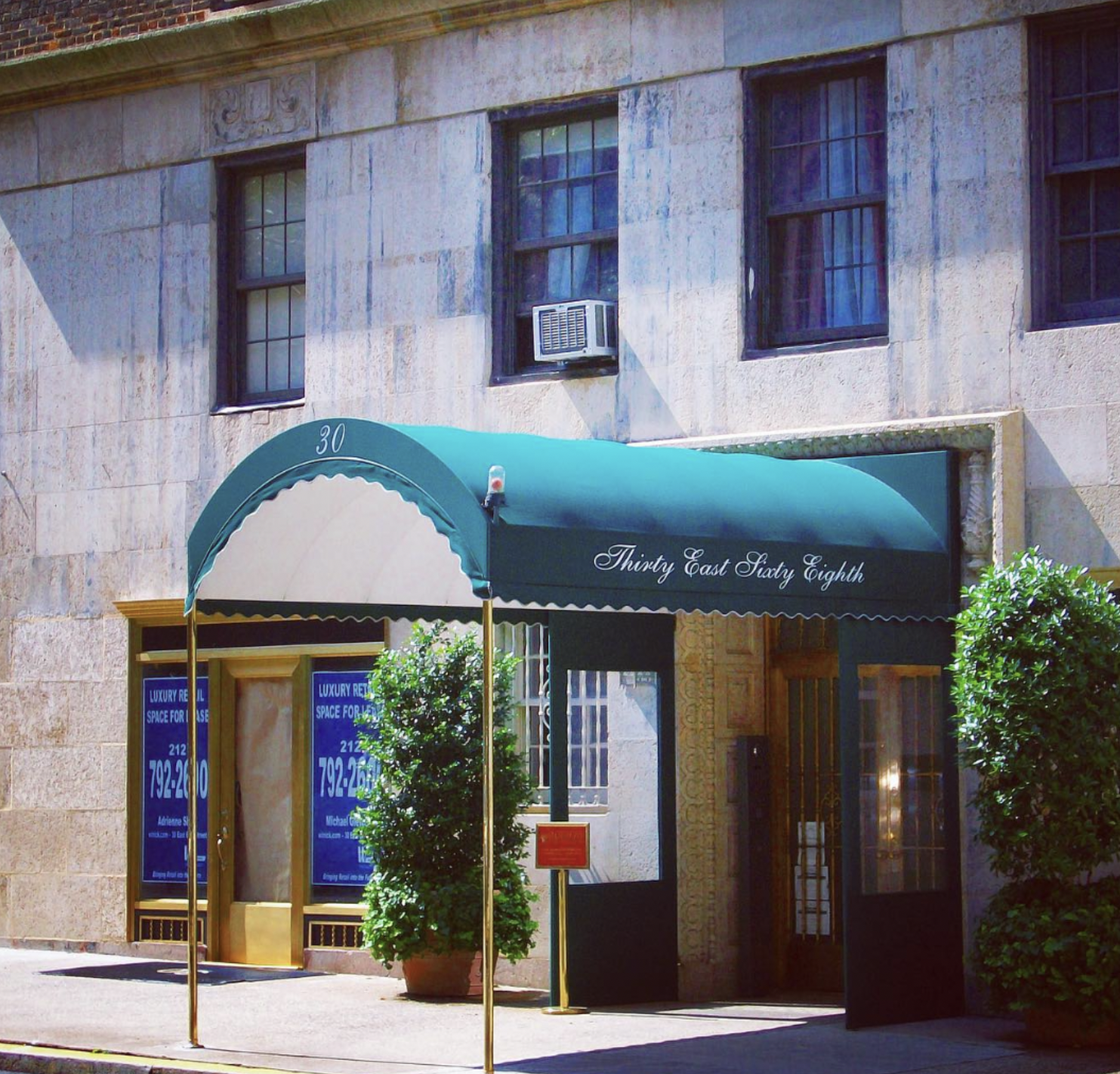Glenn R Miller
Author of Doorman Wanted
DOORMAN WANTED
Suggested bookclub questions
A book club discussion guide could include questions ranging from:
1) There have been numerous news articles over the past few years about organizations turning down “dirty” money or asking board members to resign due to the way they earn their money. Discuss the line between “dirty” money and “good” causes.
2) This book is broadly about perceptions and misperceptions. Can you think of instances in which the protagonist, Henry, mischaracterized those with whom he interacted?
3) Discuss Wendy’s misrepresentation of her status. How did it compare with Henry’s? Did you feel one was “worse” than the other?
4) Discuss what frames our first impressions of people with whom we interact. What is lost or gained through quickly formed first impressions?
5) The city of New York serves as a character unto itself within Doorman Wanted, with key scenes taking place on the streets outside of L’Hermitage, in the Metropolitan Museum of Art, in Central Park, and in Bemelman’s Bar in the Carlyle. Beyond providing atmosphere, in what ways do these scenes support the themes of the book?
6) Art and those who create it represent key themes in this book. Discuss how our interactions with art impact our thoughts or impressions around artists. As a reader, did your impressions of Terry and Tomata change once they were reframed as struggling artists? Discuss Mr. Stewart’s relationship with art as opposed to Franklin’s or Terry’s.
7) Mrs. Hill tells Franklin a story in which she failed to act, thereby poisoning a long-standing friendship. How does this story support broader themes within the novel?
8) The widower, Mr. Harrison, struggles with the death of his wife by visiting Franklin in the lobby each morning. How do these interactions prove mutually beneficial?
9) Beyond being a lawyer and family friend, Judith’s relationship with Franklin can be seen as one of mentor, purposefully nudging or pushing Franklin in a specific direction. Do others in the novel provide that same function for Franklin, either intentionally or unintentionally? Whom did you identify within this role?
10) The concept of transitions is important in this novel – Henry maturing from a slightly naïve young man who is avoiding complexities pertaining to wealth, to a more mature and impactful adult. How is this theme echoed in other instances within the book?
11) At any point in reading this novel, did you examine your own assumptions about the strangers you encounter in your daily life? Can you describe an encounter where your initial assumptions about a person proved to be wrong?
